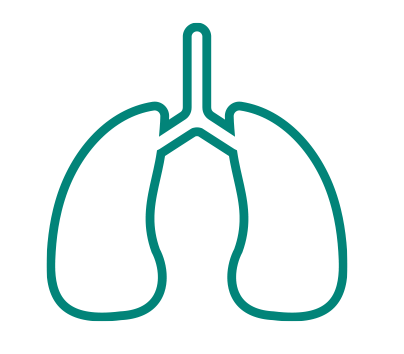This website uses cookies so that we can provide you with the best user experience possible. Cookie information is stored in your browser and performs functions such as recognising you when you return to our website and helping our team to understand which sections of the website you find most interesting and useful.
Earlier detection of lung cancer
The earlier detection of lung cancer offers a unique opportunity to shift the stage of diagnosis earlier and improve survival rates. The development and implementation of early-detection approaches should be prioritised by national decision-makers.
Our recent reports highlight the benefits of detecting lung cancer at an earlier stage by summarising the key evidence, exploring tools for earlier detection, and providing policy recommendations.

Screening for lung cancer
Low-dose computed tomography (LDCT) screening for lung cancer is considered the most effective means to detect it earlier among people at high risk of the disease.
Our work demonstrates the breadth and effectiveness of screening programmes, and supports those implementing these programmes with practical tools and resources.

Care pathways for lung cancer
Care pathways play an essential role in delivering high-quality lung cancer care, and our activities support their development and adoption into policy and practice.
Formalised care pathways facilitate multidisciplinary decision-making and the organisation of all aspects of care – from detection to diagnosis, treatment and end-of-life care.
